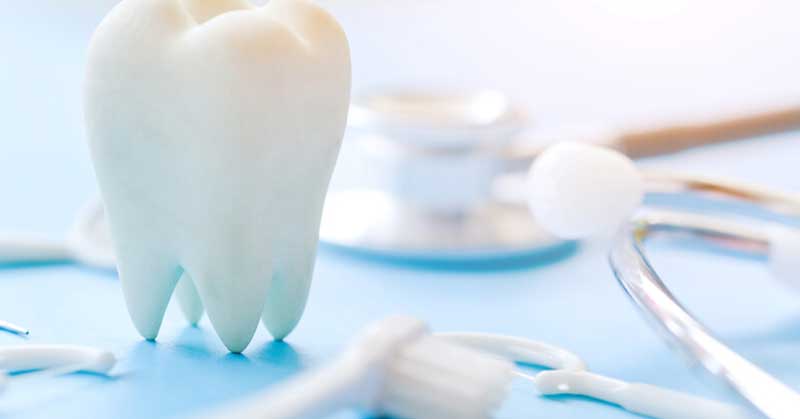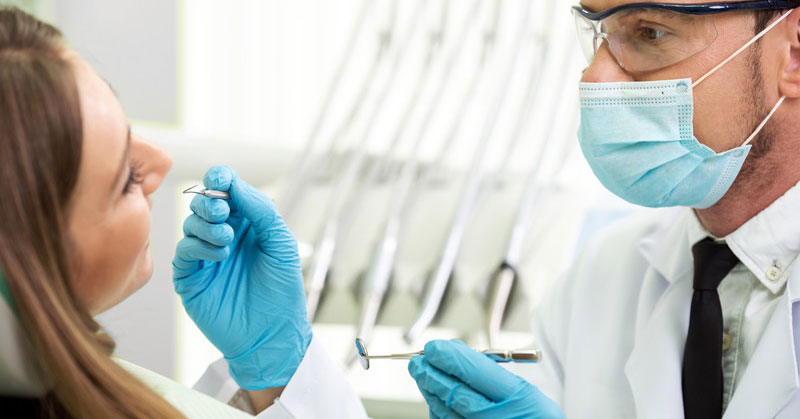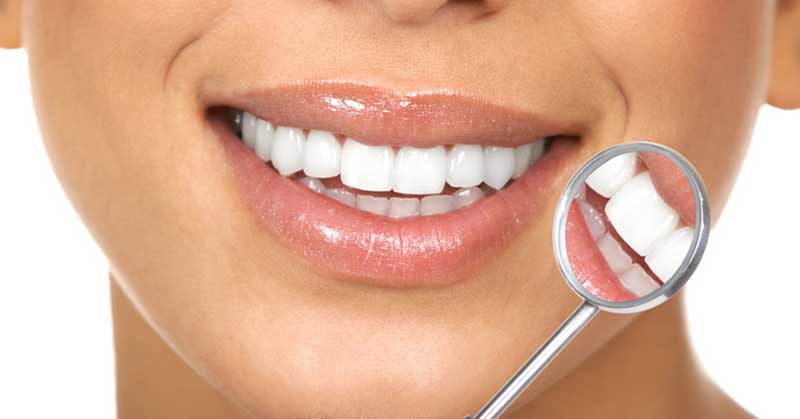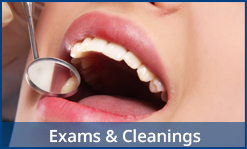Autumn is a beautiful time of year. But for some people, fall means an annual battle against seasonal allergies. As those of us who suffer from allergies know all too well, springtime is not the only time of year we can be affected. Fall can be just as challenging for allergy sufferers as any other time of the year, including the spring.
Common allergy symptoms include a runny nose, scratchy eyes, a sore throat and sinus headaches. But allergies can also have a negative impact on oral health. When a person experiences all the symptoms related to fall allergies, he or she ultimately begins to breathe through the mouth throughout the day and even while they’re sleeping. This can lead to dry mouth, and that can have serious consequences for your oral health. In fact, saliva plays an extremely important role in preventing gum disease and tooth decay, so when saliva production is reduced, your teeth and gums suffer as a result.
Fortunately, there are some steps we can take to battle fall allergies and improve our oral health throughout the season. Here are a few helpful tips to deal with the most common fall allergies:
- Ragweed – If you live in a rural area, you might have an allergy to ragweed, which is one of the most common allergies that people experience in the fall. Between the time the weed blooms in early fall until the first frost, ragweed plants produce a tremendous amount of pollen, and that means misery for allergy sufferers. During the fall season, keep track of pollen counts for your local area. When numbers are high, wear a mask when you go outside to keep yourself from breathing in ragweed pollen. Better yet, stay indoors if you can when the pollen count is high, keep your windows closed, and take jackets and shoes off outside the home to avoid carrying pollen inside.
- Dust mites – Temperatures in most parts of the country are lovely in the fall, usually hovering in the 60s and 70s. Unfortunately, those cooler temperatures are perfect for dust mites, which are microscopic insects that live in our homes and usually feed on flakes of human skin that are virtually invisible. To minimize their impact, clean your air vents, washing bedding on a regular basis, and use a dehumidifier to keep the humidity in your home under 50 percent.
- Mold and mildew – These fungi are especially prevalent in the fall since they grow on compost piles and in fallen leaves that become damp in the autumn weather. Mold and mildew inside the home are common in damp areas like kitchens, bathrooms and basements. To reduce the impact of these fungi, rake the leaves in your yard, clean gutters on your home, and wear a protective mask when working outside. Compost piles should be emptied regularly and kept as far away from your home as possible. Using a dehumidifier inside your house will help as well.
Follow these simple steps to help alleviate some of your fall allergy symptoms. And remember to maintain a daily oral hygiene routine and visit your dentist regularly to keep your teeth and gums healthy throughout the fall allergy season.





















